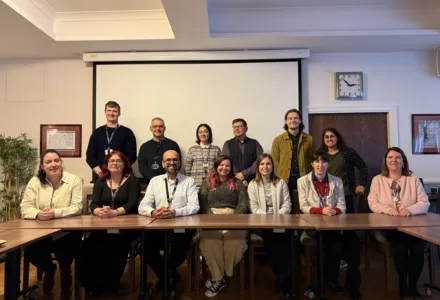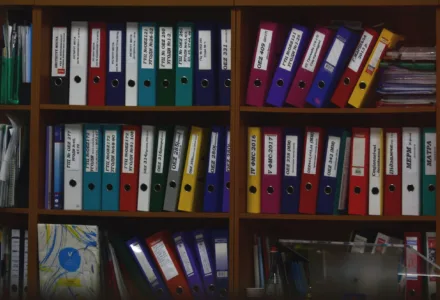Case Study:
Night Light Café – ACTS Trust
What is the organisation?
The Night Light Café exists to provide a listening ear and some evening company for people who are finding life difficult. The project is commissioned by the NHS and run by Acts Trust and involves hosting cafes in different churches across Lincoln every day of the week. They also operate countywide in Lincolnshire.
The programme provides non-clinical, out of hours support for people experiencing a crisis in their mental health and operates from 4pm – midnight seven days a week. Cafés are hosted by trained volunteers, offer a listening ear and provide signposting advice to guests.
History:
In January 2018, the Greater Lincoln Active Faith Network launched six subgroups to address the needs of Lincoln. One of these was Health and Wellbeing and together with leaders within local NHS mental health provision it was agreed that crisis cafes would benefit Lincoln and this led to an offer of funding for the venture.
At the start of 2020, the churches of Lincoln were asked to express an interest in partnering in this scheme and were soon in a position to train up volunteers and launch their first cafes. When the first two cafes had to close just a few weeks after opening due to the first Covid lockdown, a remote service was developed so that people in need of support could receive phone calls or connect with ‘Zoom Cafes’ with a team of volunteers.
This continued until July 2020 when they were able to reopen, and by November 2020 there were seven cafes, one open every night of the week, with the remote support continuing to be offered alongside the face-to-face support. In December 2020, further funding was given to extend the project, with additional cafes opening at extended hours.
In January 2022, cafes began to open countywide, run by partnering charities. Currently, there are now over 15 Night Light Cafes open across Lincolnshire offering face to face support, with new ones still opening.
How did LORIC help?
LORIC analysed data held by the Night Light café regarding attendance and user feedback. They explored open data sources to research the costs savings to emergency services associated with the café’s interventions, for example they looked at the impact of reduction in calls to 999/111, reduced A&E attendance, reduced ambulance call outs, reduced police call outs, and reduced time spend on police escorts to A&E.
LORIC also supported Night Light by conducting primary research via questionnaires with regular café users to gather qualitative data on the impact of the Night Light café. They then used this information to produce a data report to detail research findings.
Plans for the future:
Night Light has been able to use the data and research LORIC completed to demonstrate the impact it has had on services. This information has been a useful resource to show to potential funders and helped as the number of cafes have expanded countywide. It has also been useful data to share and report to our NHS collaborators and other professional organisations.
Night Light Cafes - Acts Trust
‘The support from LORIC has been extremely beneficial and allowed us at Night Light to unpick potential barriers to people accessing our cafes. It also has enabled us to identify the impact we are having in the community. Having a professional analysis completed in this way, has empowered us to produce competent data and explanations when reporting to potential funders.’
Related Posts

Visits to BGU from Innovate UK

LORIC Wraps Up Successful SED Project

Innovate UK’s East Midlands Knowledge Exchange Forum hosted on BGU campus!

Understanding the Economic Impact and Future Potential of Greater Lincolnshire’s Sport, Physical Activity & Leisure Sector

LORIC Wins Venue of the Year Award

Digitising the Archive of the 20th Century Philosopher John Macmurray






